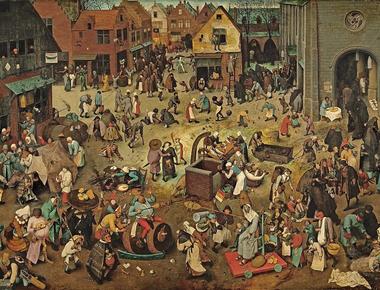
For many, it is easier to be caught up in the academic, fiscal, or calendar years than the liturgical year that indicates the ultimate frame of our lives. In my case, this is especially true during Lent. This year, I came across a pithy meditation of Newman’s, “A Short Road to Perfection”, which I hope can reframe the way I understand Lent and discipleship more generally.












